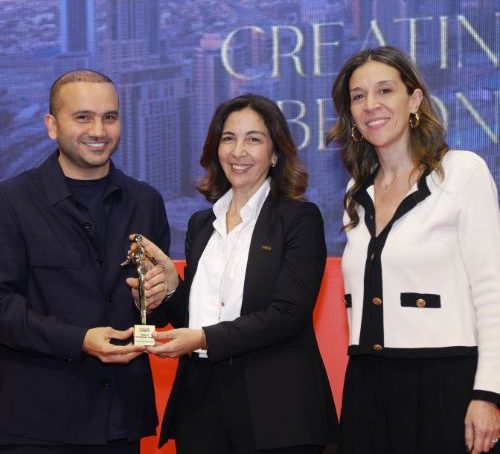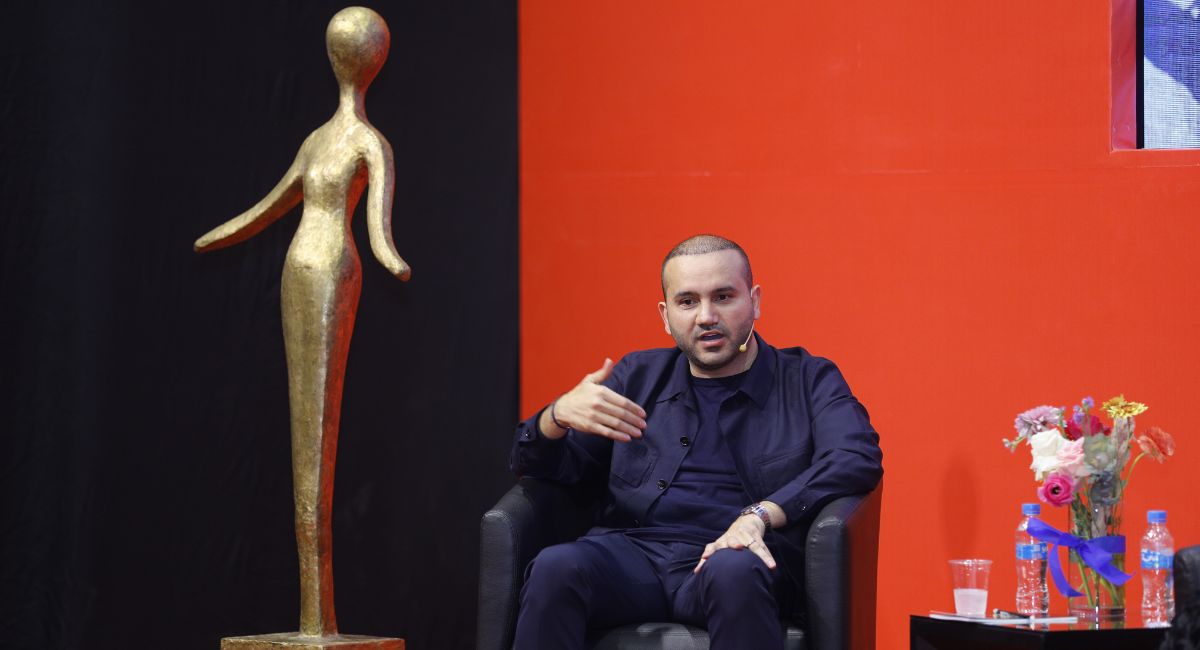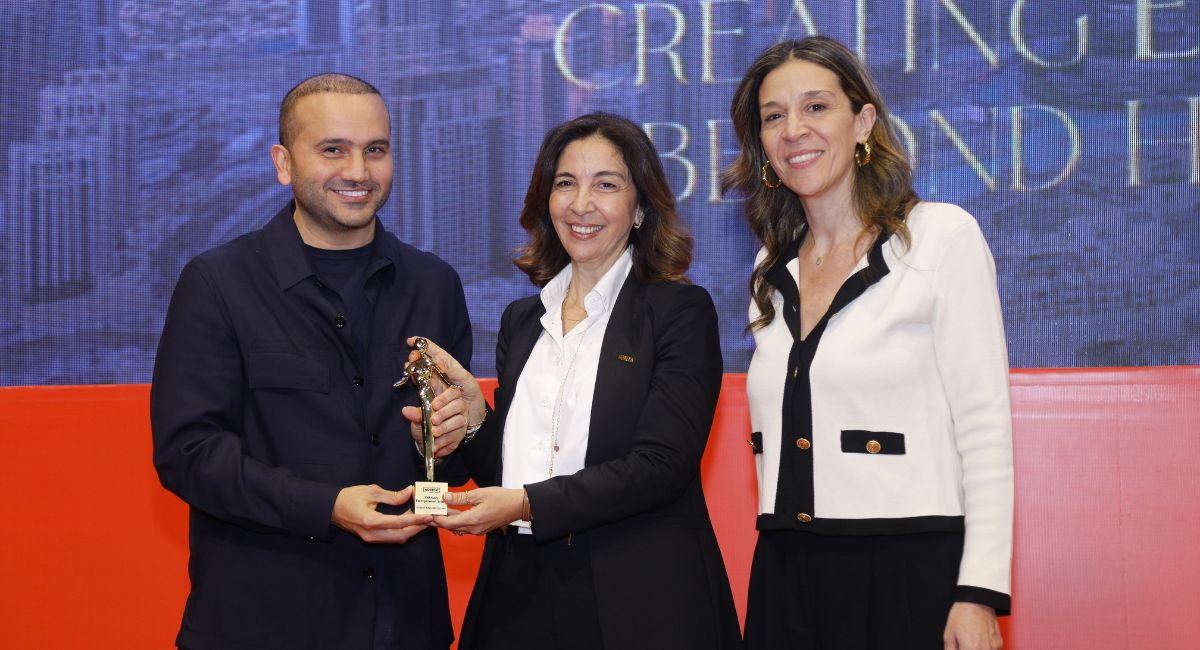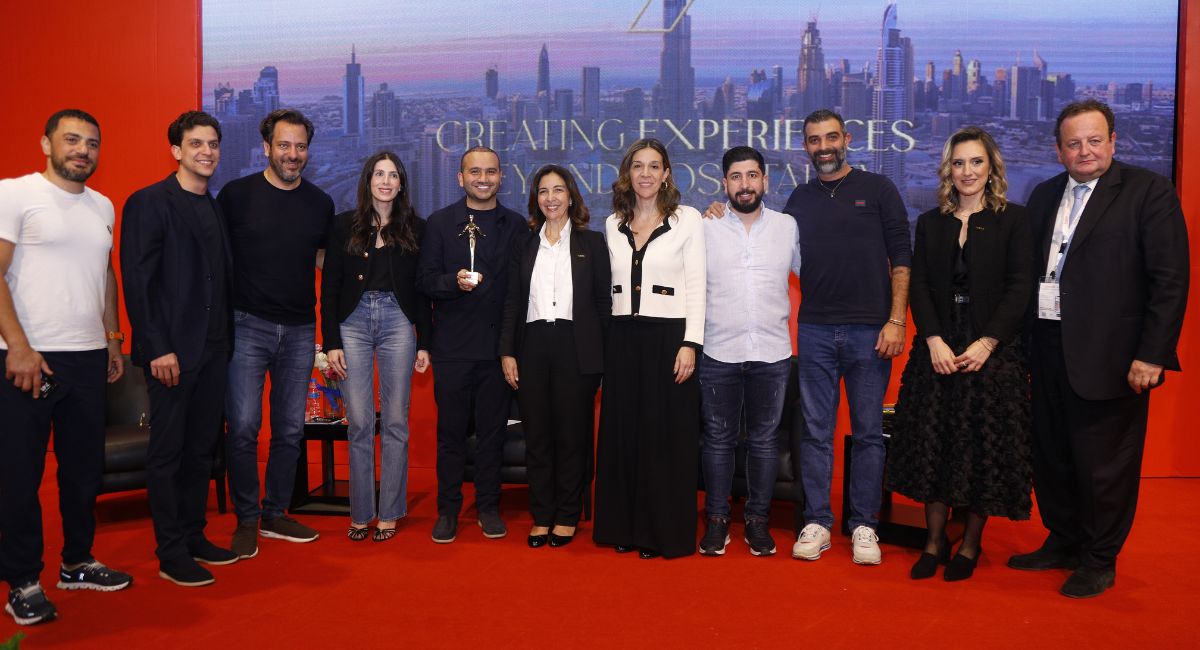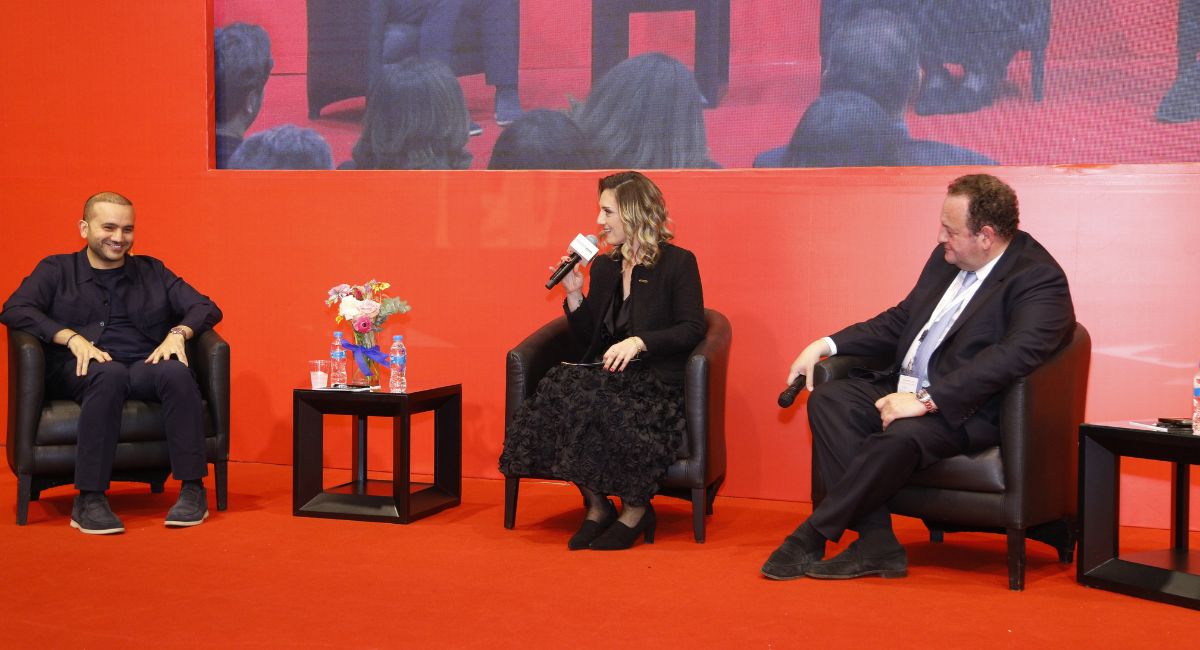Rabih Fakhreddine, founder and group CEO of 7 Management, on seeking out opportunities and never standing still.
A localized economic downturn presents entrepreneurs with opportunities to tap new markets and grow their business, if they can see past the challenges and are willing to innovate.
We heard firsthand from Rabih Fakhreddine, founder and group CEO of 7 Management, and one of Lebanon’s pioneering hospitality entrepreneurs, about how he successfully adopted this strategy.
“When Lebanon’s economy began to decline, we didn’t leave – we expanded,” he said.
Fakhreddine explained that the company used the time to test new markets with signature events and pilot projects, including Antika Nights, before opening permanent venues. Over the years, the business model has proved to be highly successful for a diverse range of 7 Management’s concepts, located across various destinations.
Adaptability: in the Lebanese DNA
Economic uncertainty is just one of many obstacles that Lebanese business leaders have learnt to navigate over the years, displaying impressive skills and qualities along the way that include determination, creativity and instinct about a project’s potential. “Lebanon teaches you to hustle, to adapt,” Fakhreddine said. “This resilience is our edge.”
Like Fakhreddine, many local entrepreneurs who have sought opportunities across the region in markets such as Dubai remain committed to Lebanon and are keen to support its recovery and growth.
Fakhreddine explained that his plans for Lebanon include launching the well-known Italian restaurant Scalini in Beirut by October 2025 and a popular Dubai-born burger concept in the summer. “Success means giving back – to your people, your industry and your country,” he said, adding that he credits his team and partners for the company’s achievements.
Always forward-focused
As an industry disruptor, Fakhreddine also recognizes the importance of never standing still in the competitive business of brand-building, whether that’s through collaborative ventures, like Theatre Dubai, co-created with Guy Manoukian, or being part of cutting-edge initiatives, such as Saudi Arabia’s forward-focused Sindalah Island.
Working out how to scale a concept and attract new customers in a different destination is also an essential component of successful expansion. Fakhreddine gave the example of 25 Jump Street, an upcoming street-style culinary hub concept earmarked for Dubai but inspired by Beirut’s Mar Mikhael. “We’re exporting our vibe, our culture and our energy,” he explained, highlighting the venue’s attractions.
The 7 Management success story dates back to 2015 when Fakhreddine launched his first concept, ‘Seven Sisters’, in Beirut. Today, the company has a portfolio of more than 10 well-known brands in Lebanon, the UAE, Qatar and Greece, among other countries. Its three areas of business are: homegrown concepts; franchise partnerships; and third-party operations.
Rabih Fakhreddine was presented with the Visionary Entrepreneur Award at HORECA Lebanon 2025 in recognition of his bold approach to leadership, unwavering commitment to Lebanon and standout contribution to the region’s hospitality landscape.
Insights from Hard Talk, part of HORECA Talks 2025 at HORECA Lebanon, co-organized by Hospitality News Middle East and Hodema Consulting Services. Session moderated by Lisa Jerejian, communications manager at Hospitality Services and Nagi Morkos, founder and managing partner of Hodema Consulting Services.
If you missed HorecaTalks 2025, catch up on all the discussions here:







